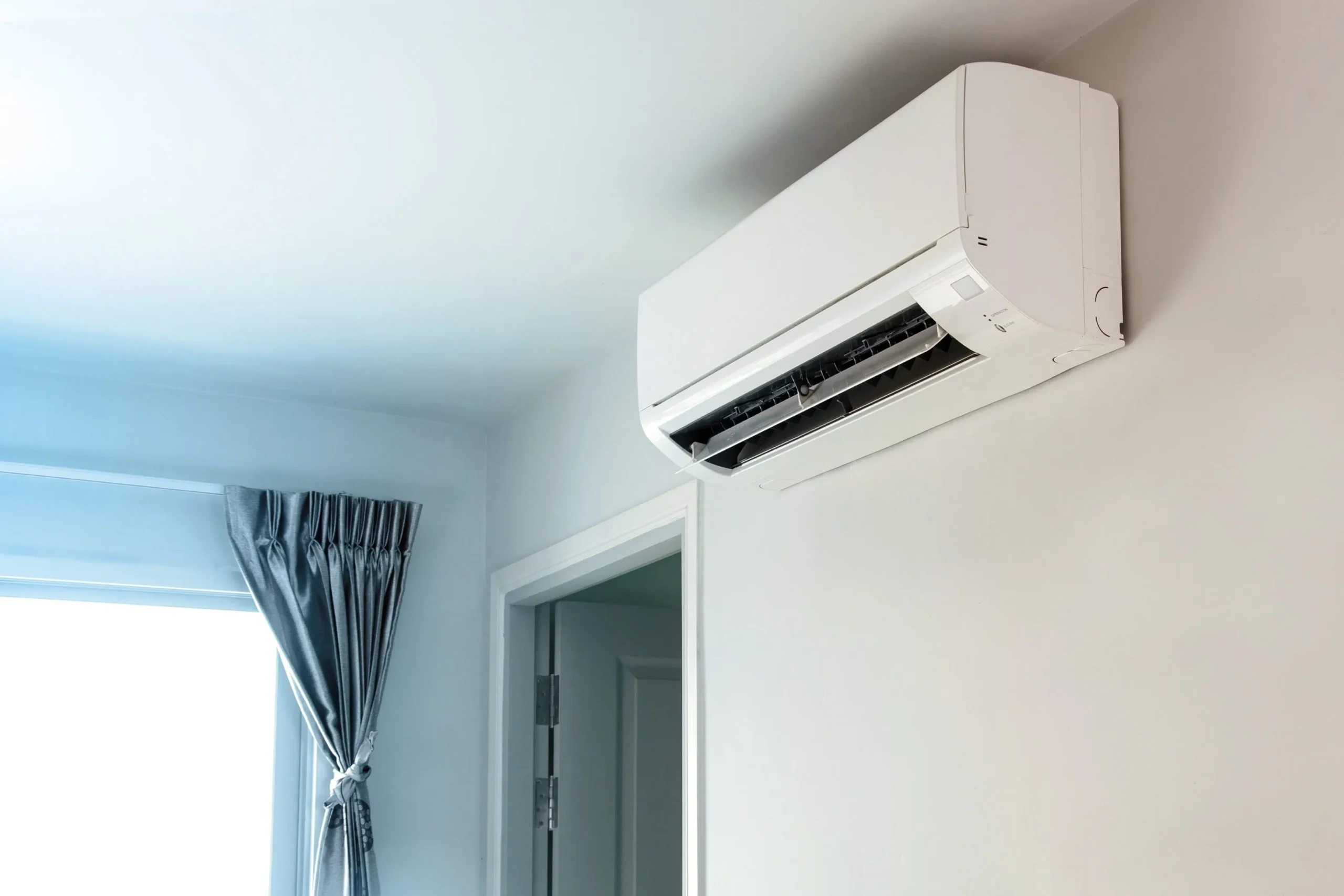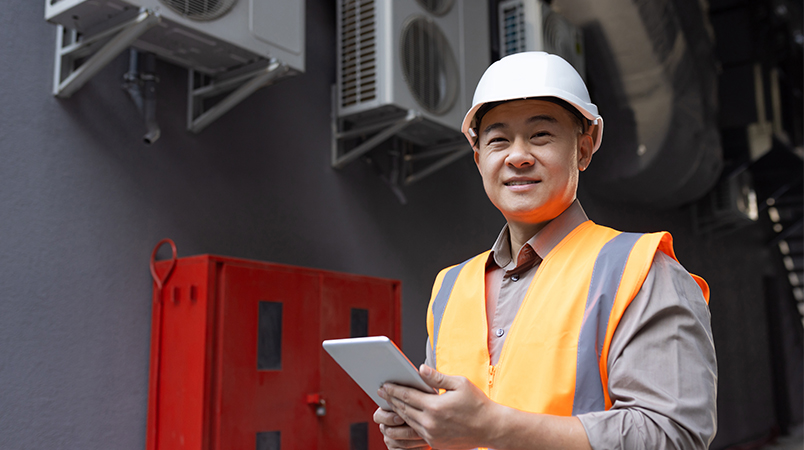In today’s fast-paced world, maintaining a comfortable indoor environment is essential. Whether it’s the sweltering summer heat or the chilly winter breeze, we all crave a home that offers consistent comfort. But how do we achieve this in a cost-effective and energy-efficient manner? The answer lies in the revolutionary inverter technology used in modern air conditioning systems.
Introduction to Inverter Technology
Inverter technology has transformed the way air conditioning systems operate. Unlike traditional systems that run at a constant speed, inverter air conditioners adjust their speed based on the room’s temperature, allowing for a more efficient and consistent cooling experience. Imagine driving a car: instead of slamming on the brakes and accelerating repeatedly, you smoothly adjust your speed to match the road conditions. This is essentially what an inverter AC does, making it a smarter and more responsive option for indoor comfort.
How Inverter Technology Differs from Traditional AC Systems
Traditional air conditioners operate on a simple on/off mechanism. When the room temperature rises above a set point, the AC turns on at full capacity. Once the desired temperature is reached, the unit shuts off. This cycle repeats, leading to temperature fluctuations and higher energy consumption.
In contrast, inverter air conditioners use a variable-speed compressor that adjusts its power according to the temperature needs. This means the AC doesn’t have to work as hard to maintain a consistent temperature, resulting in less wear and tear on the system and greater energy efficiency.
Energy Efficiency and Cost Savings
One of the biggest advantages of inverter technology is its energy efficiency. By adjusting the compressor speed, the system consumes less power, which translates to lower electricity bills. In fact, studies have shown that inverter air conditioners can save up to 30-50% more energy compared to traditional systems. Over time, these savings can be substantial, making inverter ACs not just an environmentally friendly choice but also a financially savvy one.
Consistent Temperature Control
Nobody likes the feeling of a room that’s too hot one moment and too cold the next. Inverter technology eliminates these uncomfortable fluctuations by maintaining a steady temperature. The system continuously monitors the room temperature and adjusts the compressor speed accordingly. This means you get consistent comfort without the need for constant manual adjustments.
Inverter Technology in Extreme Climates
Dubai’s climate is notorious for its extreme temperatures, especially during the summer months. In such conditions, traditional AC systems often struggle to maintain a comfortable indoor environment without consuming vast amounts of energy. Inverter air conditioners, however, are designed to handle these extremes more effectively. By operating efficiently even in high temperatures, they ensure that indoor spaces remain comfortable no matter how hot it gets outside.
Environmental Impact
With growing concerns about climate change, reducing our carbon footprint is more important than ever. Inverter air conditioners contribute to this goal by consuming less energy and emitting fewer greenhouse gases compared to traditional units. Additionally, many inverter systems use eco-friendly refrigerants that have a lower impact on the environment.
Inverter Technology and Indoor Air Quality
Beyond temperature control, inverter ACs also play a crucial role in maintaining indoor air quality. These systems often come equipped with advanced filtration systems that remove dust, allergens, and other pollutants from the air. This is particularly important in urban environments like Dubai, where air quality can be a concern.
8. Why Dubai Needs Inverter Technology
Given Dubai’s hot climate and the need for year-round air conditioning, inverter technology is not just a luxury, it’s a necessity. The ability to maintain consistent indoor comfort while saving on energy costs makes inverter air conditioners an ideal choice for both homes and businesses in the UAE. Moreover, the long-term durability and lower maintenance requirements of these systems make them a sound investment in a region where air conditioning is used extensively.
Installation and Maintenance
While inverter air conditioners are highly efficient, proper installation and maintenance are crucial to ensuring their optimal performance. It’s important to have the system installed by a qualified professional to avoid any potential issues. Regular maintenance, such as cleaning filters and checking refrigerant levels, can also prolong the lifespan of the unit and keep it running efficiently.
Common Misconceptions
There are a few misconceptions about inverter technology that need to be addressed. Some people believe that inverter ACs are more expensive to purchase and maintain. While the upfront cost may be higher than traditional systems, the energy savings and longer lifespan more than compensate for this. Others think that inverter systems are complex and prone to breakdowns, but in reality, they are designed to be more durable and reliable.
Choosing the Right Inverter AC for Your Home
When selecting an inverter air conditioner, it’s important to consider factors such as the size of the room, the local climate, and your specific cooling needs. Consulting with a professional can help you choose the right system that will provide optimal comfort and efficiency for your home.
Conclusion
Inverter technology represents a significant advancement in air conditioning, offering unparalleled benefits in terms of energy efficiency, consistent comfort, and environmental impact. For residents of Dubai, where indoor comfort is paramount, investing in an inverter AC is not just a smart choice—it’s a necessary one. As technology continues to evolve, the future of indoor climate control looks brighter, cooler, and more sustainable.



 Previous Post
Previous Post

